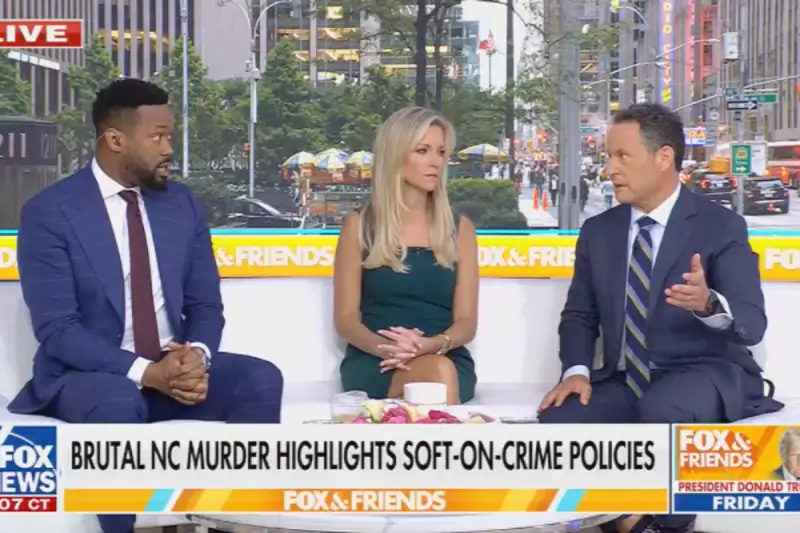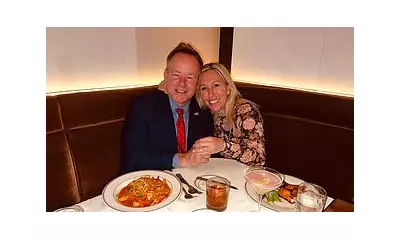
Fox News host Brian Kilmeade has found himself at the centre of a firestorm after making highly controversial remarks about homelessness in Los Angeles during his radio show. The incident has ignited a furious backlash from listeners and advocacy groups alike.
During a segment on his syndicated radio programme, The Brian Kilmeade Show, the Fox & Friends co-host was discussing crime rates and quality-of-life issues in LA when he made the inflammatory statement: "Why don't we kill all the homeless?".
Kilmeade's Defence and Immediate Backlash
Following immediate outcry, Kilmeade swiftly moved to clarify his comments, insisting they were taken wildly out of context. He asserted that his remark was intended as sarcastic hyperbole to highlight the city's apparent inability to address its homelessness crisis effectively.
"It was a sarcastic remark, people," Kilmeade stated in his defence. "It was to show the absurdity of the fact that nothing is being done and nothing is being accomplished."
Pattern of Controversial Statements
This incident is not the first time the prominent broadcaster has courted controversy. Kilmeade has previously faced criticism for various on-air comments that have been deemed insensitive or inflammatory by critics.
Advocacy groups for homeless rights have condemned his latest remarks as dangerous and irresponsible. They argue that such rhetoric from a high-profile media personality could potentially incite violence against vulnerable homeless populations.
The Broader Context of Homelessness in America
The controversy emerges against the backdrop of a growing homelessness crisis in many major American cities, particularly on the West Coast. Los Angeles has been grappling with particularly visible challenges, with tent encampments spreading across various neighbourhoods.
City officials have struggled to implement effective solutions that balance public health concerns with compassionate approaches to housing insecurity. The complexity of the issue has made it a frequent topic of discussion in media and political circles.
As the debate continues, Kilmeade's comments have added fuel to an already heated national conversation about how society addresses—and discusses—the plight of its most vulnerable citizens.





